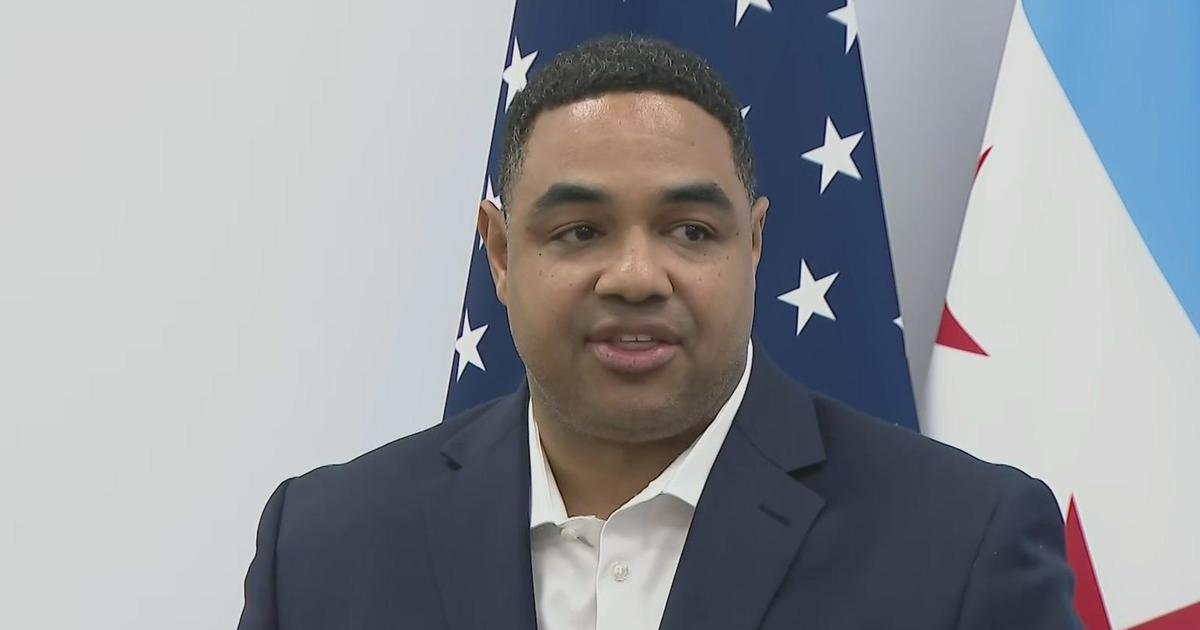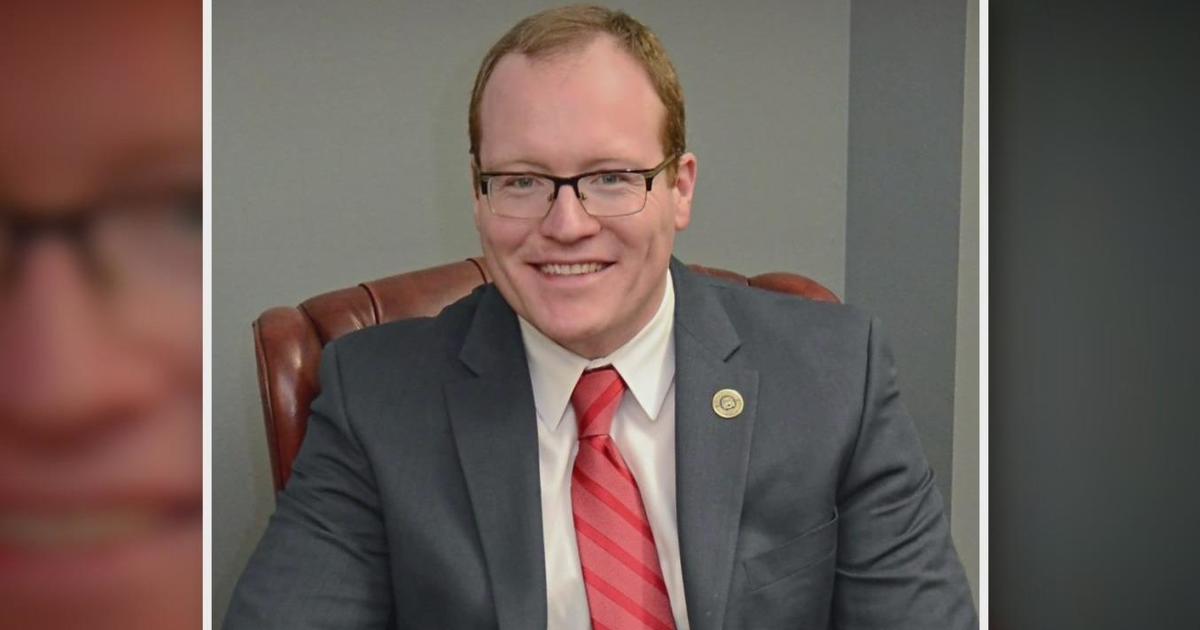COVID-19 Testing Is On The Rise In Illinois, But Swab Shortage Poses Problem
CHICAGO (CBS) -- Illinois Gov. JB Pritzker on Tuesday emphasized the need to start target testing for coronavirus.
When the state began testing for COVID-19, labs handled just 50 a day. Now it is up to around 2,000, and in two weeks, Pritzker hopes it will more than double and reach more than 4,000 a day.
But all that increased testing comes with a catch.
Some testing sites told CBS 2 Investigator Dorothy Tucker that right now, they're running low on one critical item.
On a typical day, nurses at the NorthShore University HealthSystem test nearly 600 people for COVID-19.
It's a simple test-with one critical tool - a swab. The swab is not just a Q tip, but specialized swab, long and skinny enough to reach the upper part of the throat behind the nose.
Every patient needs a swab, so this news is not good.
"The swabs are nationally in very short supply," said Dr. Karen Kaul of the hospital.
NorthShore is one of 26 testing sites and labs in the state.
"Right now, we're all on pins and needles about getting our materials," Kaul said.
It is a concern that former Food and Drug Administration Commissioner Scott Gottlieb tweeted out a few days ago.
Gottlieb said swabs could be a weak link in broadening testing.
On Tuesday, a spokesman for Premier - a company which purchase supplies and delivers them to more than 4,000 U.S. hospitals and 175,000 health systems such as nursing homes, doctor officers, and clinics - summed up the problem in these words: "The lack of swabs is slowing down testing dramatically."
"We're really keeping an eye on supplies to sure we can keep going," Kaul said.
There are two main companies that manufacture the swabs - Puritan Medical Products, based in Guilford, Maine, and Copan, in Northern Italy. Premier gets most of its supplies from the Italian company, and the spokesman said: "The military transport of 1 million testing swabs each week from Italy will be helpful. But even that number doesn't seem to match national disease progression models."
So what happens if NorthShore does not get enough swabs?
"We can switch to another sample then," Kaul said. "We're discussing switching to throat swabs, which is slightly less sensitive."
Dr. Kaul, like others in the profession, hope the supplies will show up before the swabs run out.



